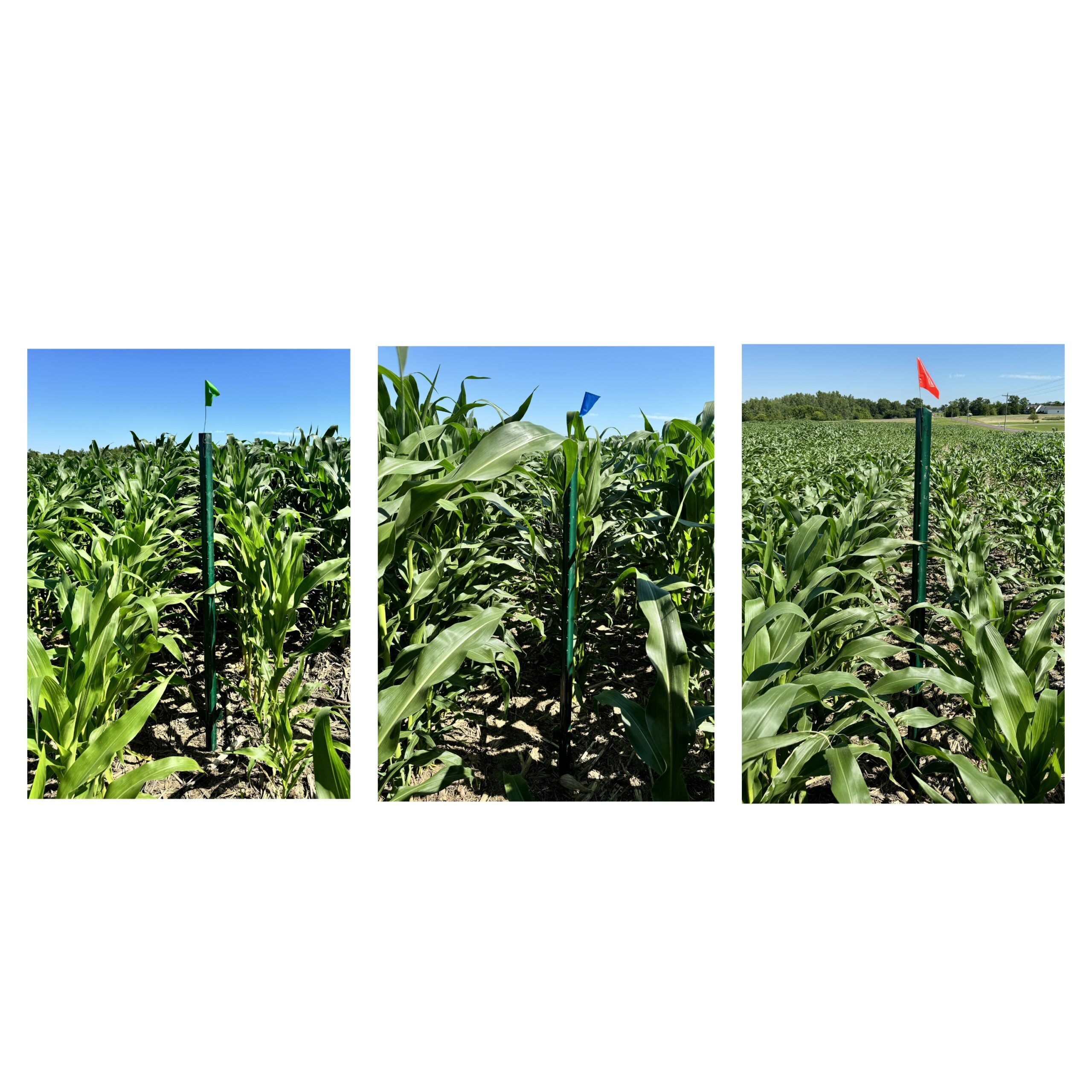MU Extension joins multi-state study of pig manure as corn fertilizer

COLUMBIA, Mo. — University of Missouri Extension is studying the use of pig manure as a crop fertilizer in research at the MU Bradford Research Farm in Columbia.
The study is looking at corn yields and soil health indicators under three separate treatments on 5 acres at Bradford Farm, said Teng Lim, extension professor of agriculture systems technology in the MU Division of Plant Science and Technology.
One treatment is pig manure injected into the soil. The second is a combination of manure and starter fertilizer. The third solely uses chemical fertilizer. Pig producers and custom manure applicators in the area are involved in the manure land-application research.
In the first year of the study, concluding with the 2024 harvest season, the inorganic plots (the ones treated with chemical fertilizer), had the lowest corn yield, about 150 bushels per acre, although the differences among treatments were not statistically significant. The highest yield – 170-plus bushels per acre – was in plots using only pig manure. The plots using pig manure and starter fertilizer were somewhere in between, although those plots seemed to have had the highest growth at the beginning of the growing season, Lim said.
Lim said the team was surprised and encouraged by results showing that pig manure produced the highest yields. However, he emphasized that these results are only part of the first-year data; soil conditions and weather can affect yields, so further study is needed.
In general, corn needs a lot of fertilizer, and pig manure is often land-applied to cornfields, he said. “There are typically no safety concerns, as corn and many other crops are not harvested soon after the manure application, especially when the pig manure is injected into ground for better nutrient conservation and environmental protection.”
The five-year study, which is taking place in multiple Midwestern pig-producing states, is funded by the National Pork Board.
Soil health data will be analyzed by South Dakota State University, the lead institution in the study. Soil samples at various depths up to 24 inches were taken by at the start of the study, and additional samples will be taken throughout the study.
“The goal of this multistate study is to learn about the effects of swine manure on soil nutrients and soil health properties and compare corn grain yields with reference to commercial fertilizer,” Lim said.
Lim expressed his appreciation for the support of custom applicators, farmers, the USDA Agricultural Research Service’s Cropping Systems and Water Quality Research unit in Columbia, and the research farm staff and students.
Miss Clipping Out Stories to Save for Later?
Click the Purchase Story button below to order a print of this story. We will print it for you on matte photo paper to keep forever.

